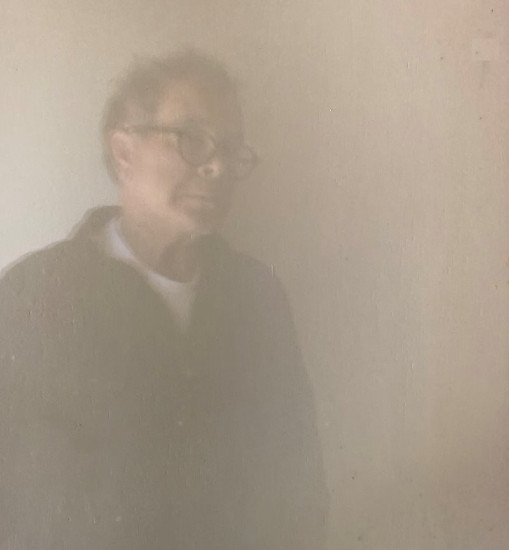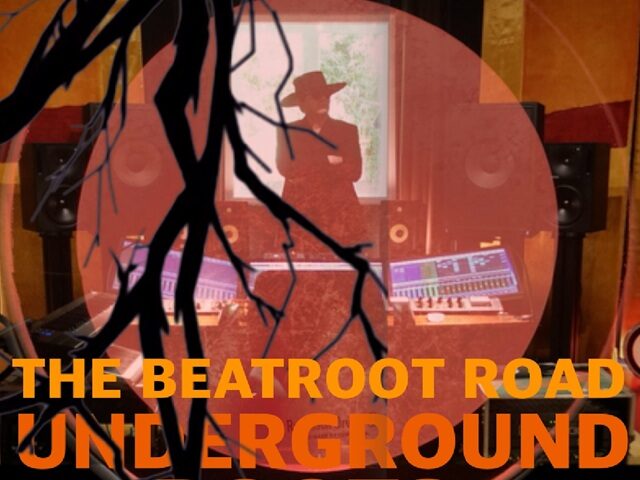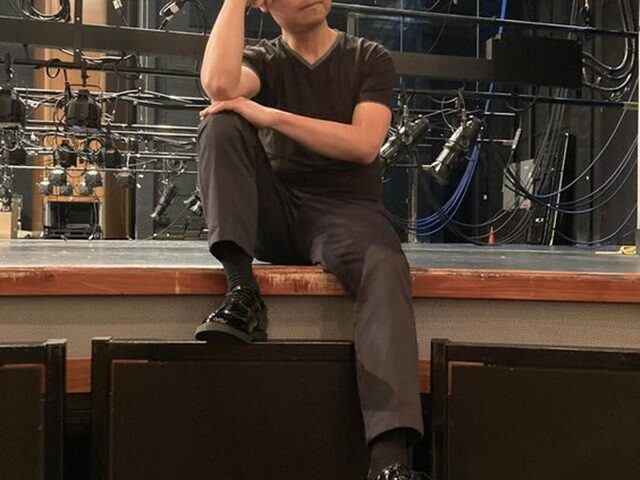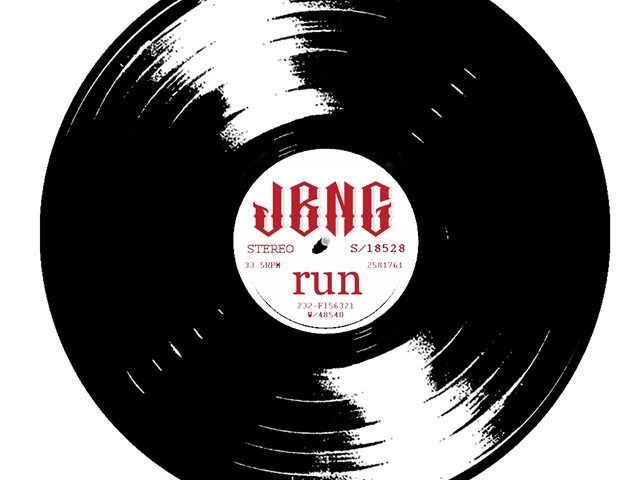
Below is our interview with Patrick Ames, featured previously with tracks like “Second Wave” and “Help People Up.”
Your album The Virtualistics includes collaborations with producer Jon Ireson and backup singers Chana Matthews and Mikaela Matthews, much of them done virtually due to the pandemic. Comparative to normal in-person collaboration, what challenges has remote collaboration presented when making music?
All the typical things that happen with Zoom calls in the non-music world: distraction, network drops, and getting things to work without lag. In my work with the singers, they would have three, four devices running, one a visual feed to me, one with the track’s bounce to sing to, one that is recording the voices, and sometimes their own phones on with lyrics and notes. Every time we’d agree on a time and evening, the first half hour was spent getting things to work. Then distractions from home, the dog, the truck outside, the refrigerator compressor running in the background. Not to mention the pandemic as we fought depression, isolation, and home sheltering. At a studio, you come, you sing, and an engineer takes care of everything.
The album sounds fantastic, with an audible chemistry on display despite the remote collaboration. For other musicians embarking on their first musical remote collaborations, do you have any tips for them?
Thanks. My advice is don’t try to do it all together with everyone attending and watching. Do one musician at a time and build on the song with each contributor. So, first the songwriters track with the proper arrangement, and then the lyrics, and then the percussion, and then the individual instruments and musicians. Remote collaboration is like a Lego project, and you build the track up by adding a piece here and a piece there. Of course we had the great Jon Ireson, as director and contributor. So you definitely want a producer.
Much of your professional life has been in technical book publishing. Now, in your 60s, you have returned to songwriting. What prompted this return to music?
It took me longer to reach the 10,000 hour rule, that’s all. I sincerely think that if I would have continued on the circuit during the 1970s I would have been dead by now, if not decades earlier. I’m a type 1 personality and art for me feeds off of corrosive environments: drugs, alcohol, bad relationships, mental health. These things are stressors, they cause stress, and that stress gets processed into the artistry of music and amazing performances. I think something inside me said, hey, take your time enjoy life a little, but keep playing and writing on the side.
What was the first album you heard that had a strong impact, either artistically or personally?
Otis Redding, Live at the Whiskey a Go Go. (my older brother’s)
Do you have a specific process or ritual when creating new music?
I work in Apple Logic and build songs there. First a distinctive guitar riff, then an equally distinctive word phrase/lyric. Then I put the two together and then let them mingle, adding and deleting tracks until it has a distinctiveness of its own.
Any favorite artists or albums you’re listening to at the moment?
I’ve been stuck on Max Richter for awhile (classical crossover): I know, What? When I’m song writing I listen to music completely different than my own style because if I listen to Taylor Swift, or The Doors, or Los Lobos, I start writing songs that sound like Taylor, the Doors, and Los Lobos. Plus my favorite, favorite thing to listen to are my own developing songs that I’m writing. I love my afternoon walks.when I listen to headphones the whole time, singing out loud, movin’ and groovin’ down the neighborhood roads. The reason I’m such a prolific songwriter is that after a while I tire of my own new songs and need to write more, more new ones to listen to during the walkies.
What do you find is the most satisfying part of being an artist?
The act of creation and the recording of its expression. I’m what they used to call a Recording Artist. I’m also enjoying cross-pollination of my writing, editing, and song writing. I think it’s a unique combination with a unique sound and unique read. Check out the liner notes I wrote for The Virtualistics: https://patrickcb5.substack.com. Also I write about the vineyard I live in. Check it out https://patrickames.substack.com .
What is the biggest challenge you find in today’s music industry?
You get this thing in your head that you’ll be famous and that you’ll play a thousand gigs with cheering fans just like the promo pictures show, and if that doesn’t happen, then you’re a failure. That’s what society sets you up for and frankly the industry endorses the notion of winners and losers, of Top 100, and the famous and not so famous. And it totally messes with your head. You get this “I’m not famous therefore I’m not worthy” kind of thing going on. Get that gone, get that out of your head. Let the music industry go. Release it. Do you, man, do you.
What’s upcoming for the project?
I’m in the studio during the next months and hopefully expect something in spring of 2022. I can’t wait to dive in. I was supposed to start live gigs in 2020 but Covid has gotten in the way, so hopefully 2022 will put me back on stage. We’ll see. You can follow me on Twitter at @patrickames where things are amplified and announced.





